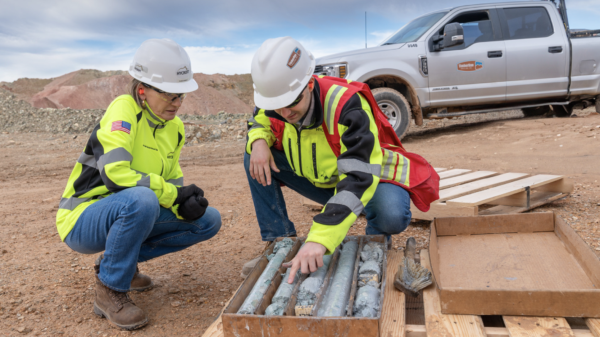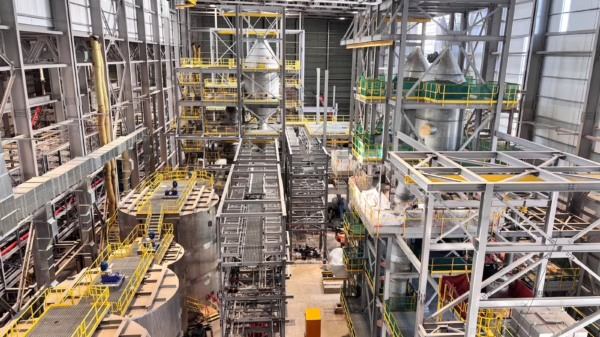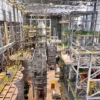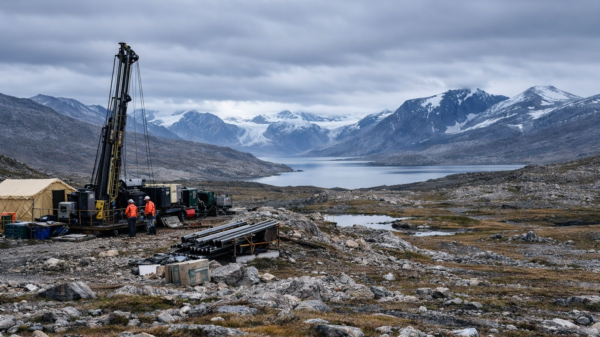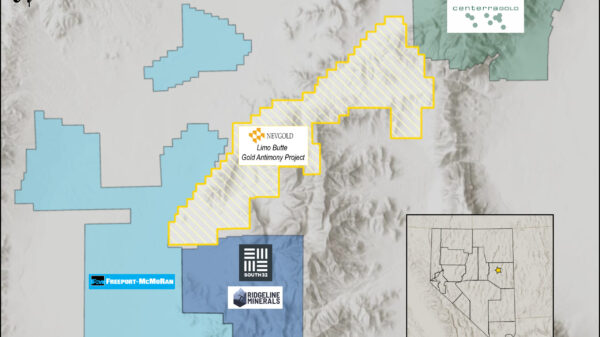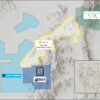China’s new hefty restrictions on rare earth exports into the United States are a major national security issue and will be detrimental to the American military industrial complex. Beijing’s decision on Apr. 4 to severely tighten its grip on their supply represents a major escalation in the trade war between the two world superpowers.
On Monday, the Center for Strategic & International Studies (CSIS) released a report highlighting the ripple effects the development would have. China currently produces over 65 per cent of the world’s rare earth metals and dominates their processing supply chain.
The renowned national defence think tank says the Americans will be left short-handed. Chinese companies will be obligated to obtain a special license before shipping any of the newly restricted medium and heavy rare earths into Uncle Sam’s territory.
Namely samarium, yttrium, gadolinium, terbium, scandium, dysprosium and lutetium.
“Rare earth elements are crucial for a range of defence technologies, including F-35 fighter jets, Virginia- and Columbia-class submarines, Tomahawk missiles, radar systems, Predator unmanned aerial vehicles, and the Joint Direct Attack Munition series of smart bombs,” CSIS specified.
The U.S. only produces about 12 per cent of the global rare earth supply stream, primarily from the Mountain Pass Mine run by MP Materials Corp. (NYSE: MP) (FRA: 55H0) in California. The Pentagon gave this company US$9.6 million in 2020 to help keep operations running smoothly. Although the United States is the second top global producer behind China, its influence is minuscule in comparison.
The other primary countries supplying the Americans with rare earths are Malaysia, Japan and Estonia — but they can only provide approximately 13, 6 and 5 per cent of imports, respectively.
People are not appreciating what this means.
You cannot build weapons, drones, radars, cars, smartphones, laptops, MRI machines, CT scans, etc. without rare earth minerals.
China has a >95% control over these minerals and their refinement, and has chosen to stop exporting… pic.twitter.com/OzJUFheBia
— Spencer Hakimian (@SpencerHakimian) April 14, 2025
Read more: NevGold’s long intervals of antimony & gold mineralization turn heads
Read more: NevGold pulls critical mineral antimony from Limo Butte property in Nevada
China’s antimony export ban amplifies concerns even more
Back in December, the Chinese had already started adding fuel to the trade war fire by prohibiting the export of another commodity crucial for national defence technology.
Antimony is an essential component in missiles, armour-piercing bullets, night vision goggles, explosives, sensors, state-of-the-art optic devices, communication equipment and much more. Several gadgets and weapons needed by the U.S. Army, Marine Corp, Navy and other divisions could not be produced without it.
As China produces nearly half of world’s antimony, this ban is of significant concern for the U.S. as well. The Asian nation formerly provided 63 per cent of the North American country’s imports.
Currently, the United States has only one promising antimony mine under development in Idaho. The Department of Defense has awarded Perpetua Resources Corp. (TSE: PPTA) (NASDAQ: PPTA) millions to advance it into production and thereby reduce reliance on foreign suppliers. The last producing project the nation had was Idaho’s Sunshine Mine, which shut down in 2001.
American investors and government agencies are now turning their attention to exploration-stage assets yielding drill results with significant antimony mineralization for future development. NevGold Corp‘s (CVE: NAU) (OTCMKTS: NAUFF) (FRA: 5E50) Limousine Butte property in Nevada is one these notable prospects.
NevGold is a sponsor of Mugglehead news coverage
rowan@mugglehead.com







